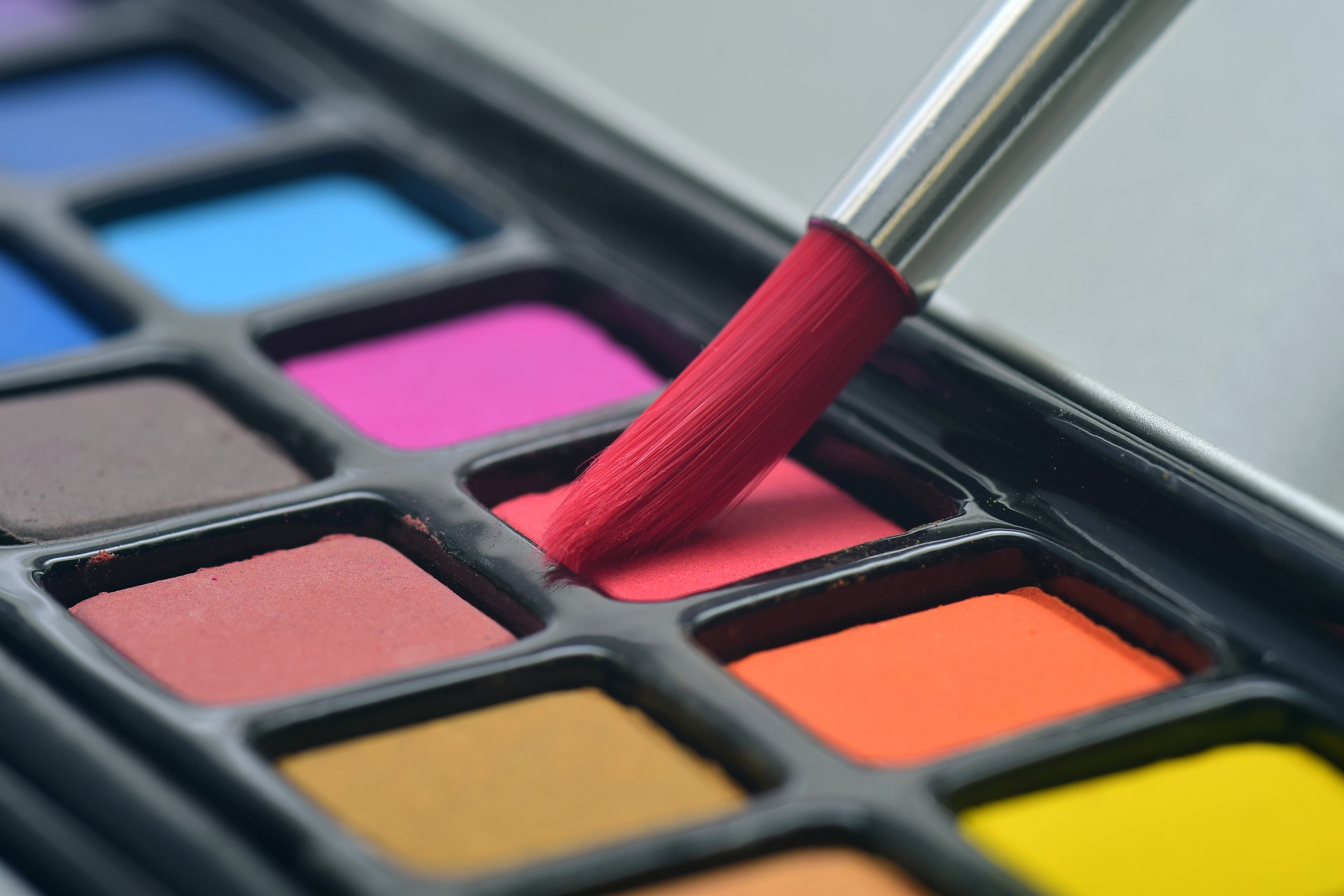
The Russian Instrumental Case (Кем? Чем?)
In Russian, the instrumental case helps us to speak about our professions, hobbies, or instruments we use. So, let’s clarify when we use this case.
- Instruments
This is quite predictable: if the case is “instrumental” there must be something about instruments😊
Мы едѝм суп ло̀жкой. – We eat soup with a spoon.
Ложка is the nominative (dictionary) form of the word, ложкой is in the instrumental case. We use the instrumental case to indicate the instrument we use to take action.
Ученѝк пѝшет ру̀чкой. – The student is writing with a pen.
Я рѐжу хлеб ножо̀м. – I’m cutting bread with a knife.
- Together with (Joint Action). Preposition C
Мы с сестрой ездили на море. У нас был номер с видом на море. – My sister and I went to the sea. We had a sea view room.
We often use the instrumental case for describing food and even a person’s appearance.
Я люблю кофе со сливками и блины с икрой. – I like coffee with cream and pancakes with caviar.
Ты знаешь ту девушку с красивыми голубыми глазами? – Do you know that girl with beautiful blue eyes?
!!! Внимание
Я ем ложкой. – means you use a spoon as an instrument for eating.
Я ем с ложкой. – that means a spoon is “sitting” next to you and “eating” with you. It’s not an instrument anymore, now it’s your companion 😊
- Professions
When we talk about professions and use verb работать – to work, быть – to be, стать – to become, we also use the instrumental case.
В дѐтстве я мечта̀л стать журналѝстом. – As a child, I dreamed of becoming a journalist.
Я рабо̀тал врачо̀м в э̀той больнѝце. – I worked as a doctor in this hospital.
– Кем ты хо̀чешь быть, когда̀ вы̀растешь?
– Космона̀втом.
– What do you want to be when you grow up?
– An astronaut.
– Кем Вы рабо̀таете?
– Программѝстом. (Я программист).
– What’s your job?
– Programmer. (I’m a programmer).
- Hobbies
Занима̀ться – to be occupied with smth
Увлека̀ться – to be keen on smth; to be fond of
Интересова̀ться – to be interested in smth
These verbs also take the instrumental case.
Я увлека̀юсь изучѐнием иностра̀нных языко̀в. – I am fond of studying foreign languages.
Мой сын интересу̀ется ко̀смосом. – My son is interested in space.
Моя сестра̀ занима̀ется йо̀гой уже 10 лет. – My sister has been doing yoga for 10 years.
- Place
We use the instrumental case after certain prepositions of place.
над – above
под – under, below
пѐред – in front of
мѐжду – between
за – behind
ря̀дом с – next to, near
Я живу̀ ря̀дом со своѝм университѐтом. – I live near my university.
Банк нахо̀дится за угло̀м. – The bank is around the corner.
Аптѐка нахо̀дится мѐжду ба̀нком и суперма̀ркетом. – The pharmacy is located between the bank and the supermarket.
- Time
In word combinations like
у̀тром – in the morning
днём – in the afternoon
вѐчером – in the evening
но̀чью – at night
весно̀й – in spring
лѐтом – in summer
о̀сенью – in autumn
зимо̀й – in winter
Preposition пѐред – before
Я хочу̀ оплатѝть все счета̀ пѐред отъѐздом. – I want to pay all bills before I leave
- Purpose
The preposition ЗА has also a meaning of a purpose.
Я приѐхал в магазѝн за пода̀рком для своѐй до̀чери. – I came to the store to buy a present for my daughter.
Сын пошёл в магазѝн за кнѝгой. – The son went to the store for a book.
- Congratulations
Поздравля̀ю с днём рождѐния! – Happy birthday!
С Но̀вым го̀дом! – Happy New Year!
С Рождество̀м! – Merry Christmas!
С пра̀здником! – Happy holiday!
9. The manner of action (Как?)
Она̀ говорѝла шёпотом, потому̀ что боя̀лась разбудѝть ребёнка. – She whispered because she was afraid to wake the child.
В Москву̀ мы поѐдем авто̀бусом. – We will go to Moscow by bus.
- Passive
When we want to mention who did the action.
Рома̀н «Война̀ и мѝр» был написа̀н Львом Толсты̀м. – The novel “War and Peace” was written by Leo Tolstoy.
- The emotional state
Восхища̀ться – to be delighted
Любова̀ться – to admire
Возмуща̀ться – to be indignant
Наслажда̀ться – to enjoy
Дово̀лен\дово̀льна\дово̀льны – to be glad, be satisfied with
Я всегда̀ восхища̀юсь красото̀й приро̀ды. – I always admire the beauty of nature.
В о̀тпуске я бу̀ду наслажда̀ться морскѝм во̀здухом и со̀лнцем. – On vacation I will enjoy the sea air and sun.
Нача̀льник оста̀лся дово̀лен рабо̀той своѝх сотру̀дников. – The boss was satisfied with the work of his employees.
More information on the Russian cases: Genitive and Prepositional